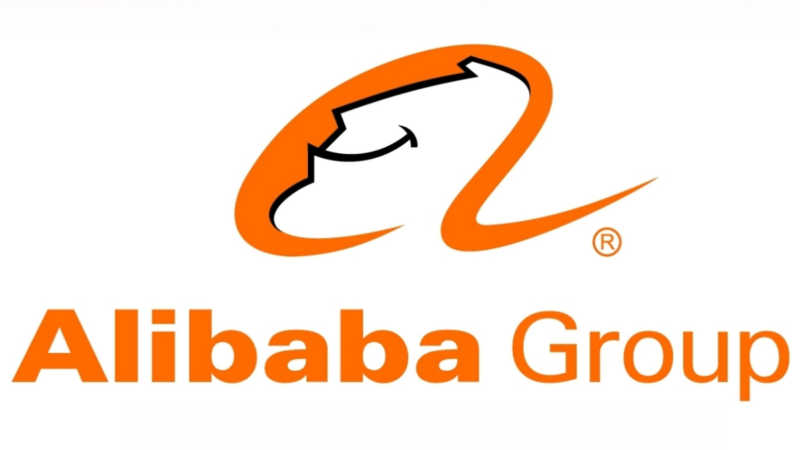Alibaba Group Holding Ltd. slid after projecting revenue growth will slow this year, reflecting post-Covid 19 economic uncertainty at home as well as the potential for U.S.-Chinese tensions to disrupt its business.
Its stock slid as much as 4% in Hong Kong Monday, after a drop of almost 6% in New York before the weekend. The e-commerce giant forecast sales growth this year of at least 27.5% to more than 650 billion yuan ($91 billion), down from 35% previously and slightly below analysts’ estimates. While it posted a better-than-expected 22% rise in March quarter revenue of 114.3 billion yuan, that marked its slowest pace of expansion on record.
Online shopping began to bounce back from March, executives said Friday. But the tepid outlook demonstrates the world’s second-largest economy has yet to fully shake off Covid-19, with consumers still hesitant about spending on big-ticket items. Asia’s most valuable corporation is tackling also the rise of rivals such as ByteDance Ltd. and Pinduoduo Inc. And the Tmall operator is going head-to-head with Tencent Holdings Ltd. for internet leadership in everything from online media to payments and cloud computing. JD.com Inc., the No. 2 Chinese online retailer, forecast better-than-expected revenue this quarter.
“The market is a bit disappointed despite the strength given 2Q guidance of 20-30% YoY growth for JD and 99% GMV growth in 1Q20 for PDD,” CICC analyst Natalie Wu wrote. “We regard Alibaba’s advantage as a market leader as intact and unchanged in the longer run, though it may take several quarters for market sentiment to swing back.”
Alibaba has lost more than $70 billion of market value since the coronavirus first erupted in January, and now has to grapple with not just an uncertain global economic environment but also any potential fallout from U.S.-Chinese financial tensions. On Friday, executives sought to assuage concerns about a U.S. bill that mandates much closer accounting scrutiny of U.S.-listed Chinese companies and may bar them from American bourses.
Chief Financial Officer Maggie Wu said Friday Alibaba’s financial statements have been consistently prepared in accordance with U.S. GAAP accounting measures and were beyond reproach. “The integrity of Alibaba’s financial statements speak for itself, we have been an SEC filer since 2014 and hold ourselves to the highest standard,” she told analysts on a conference call. “We will endeavor to comply with any legislation whose aim is to protect and bring transparency to investors who buy securities on U.S. stock exchanges.”
The bigger short-term challenge is in reviving growth: Alibaba’s bread-and-butter customer management or marketing business grew just 3% in the March quarter. Much of that stems from weaker consumer sentiment during the Coronavirus-stricken quarter, when total Chinese e-commerce rose just 5.9% or at less than a third of 2019’s pace, according to government data. Jefferies analysts led by Thomas Chong wrote that Alibaba’s guidance was in fact a positive when viewed against an array of uncertainties gripping the post-COVID 19 global economic environment.

